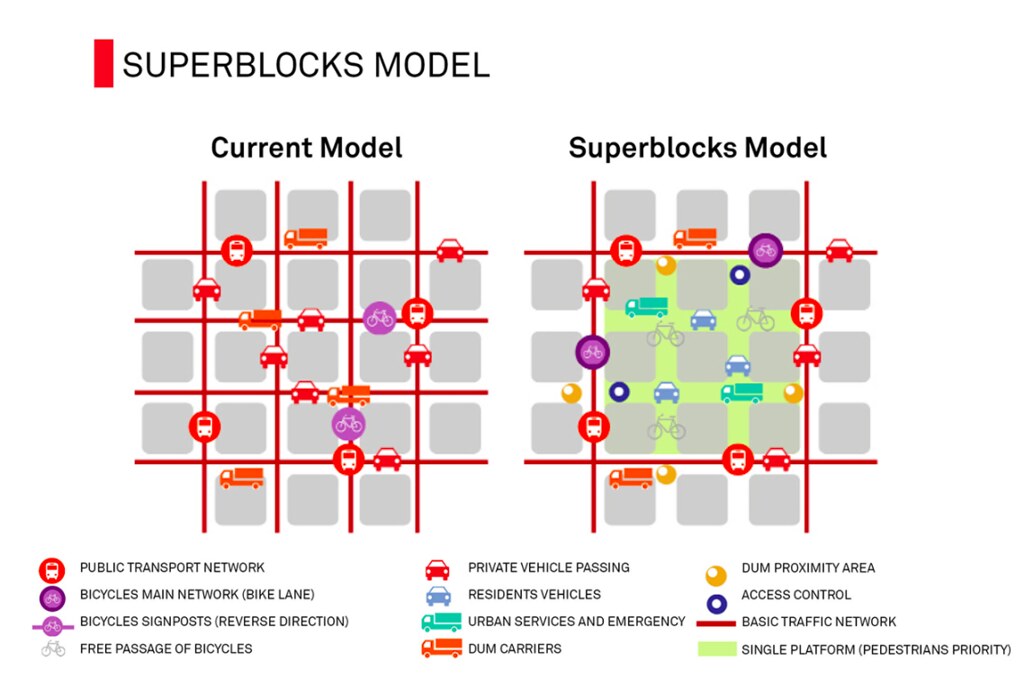Wellington's major transport plan needs your help!
CAN group Cycle Aware Wellington have serious concerns about the Let's Get Wellington Moving process. CAW have called for a more bike-friendly approach:
'We want an obvious, all-new CBD biking network with a consistently high level of service. A grid of north-south and east-west connections that:
- don’t mix with traffic (sharing with buses can be OK for access but doesn’t give a good level of comfort for key routes)

